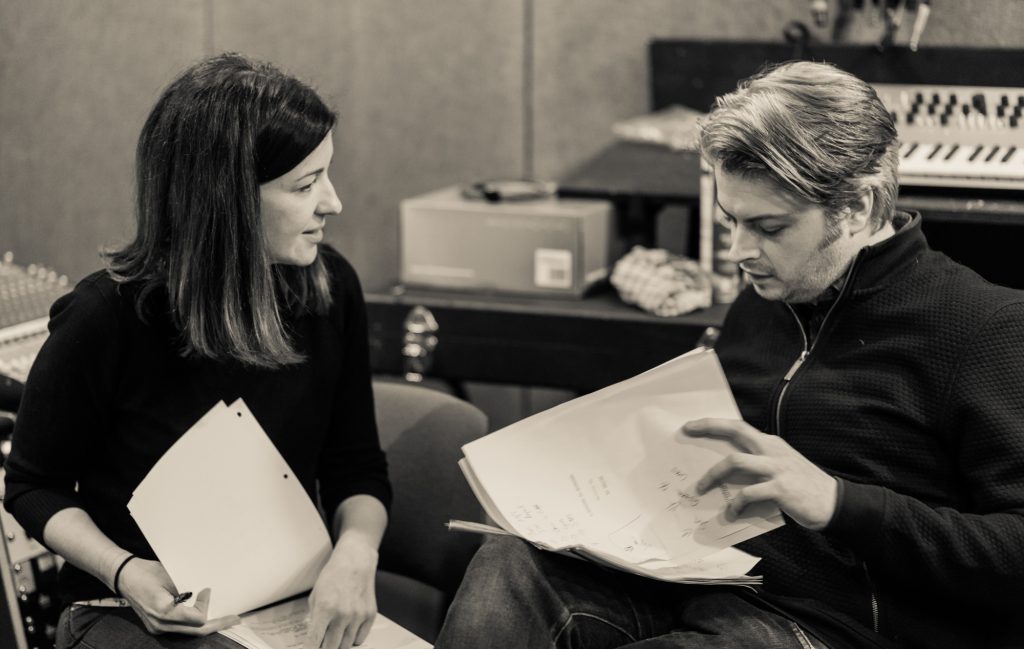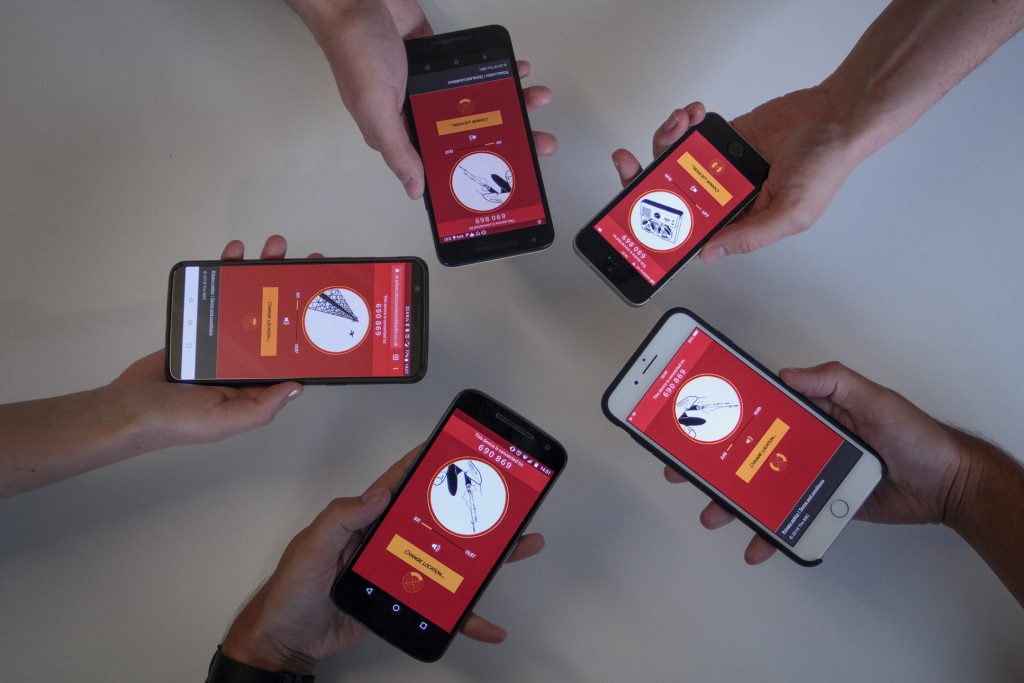
I work for the BBC looking after the technology that drives all their radio stations. I also produce a lot of radio content, including experimental audio content, using techniques developed during my PhD.
Tony Churnside
Why did you choose to work in acoustics?
I used to play in a band. It was great fun, but there came a point when I needed to start paying a mortgage! Having done a pop music degree in the 90s, I decided to return to Salford University to study a STEM Masters in Audio Acoustics. I then started working in Audio Research at BBC R&D. An opportunity then came up to undertake a PhD in Audio Engineering and I jumped at the chance. Now I make radio, and help other people make radio.
What makes acoustics interesting?
I like sound, audio and radio. You can transport people with sound, and the cliché of “radio is like TV but with better pictures” is one I believe. I also like working in radio because it’s a nice, friendly community and everyone knows everyone else.

What’s one of your most exciting projects?
Producing the Vostok K Incident working with Salford, Southampton & Surrey Universities, and BBC R&D. This was a radio drama using audio technology to allow the sound design and story to expand across multiple mobile phones for better immersion. When we embarked on the project, we really weren’t sure how we were going to make it and how it would turn out!
What do you do on a typical workday?
I’m sure everyone says this, but there isn’t really a typical day.
What do you love about your job?
I love helping solve problems that don’t yet have solutions and creating something out of nothing.
What is most challenging about your job?
When working in topical or current affairs environments the time pressure can be stressful.
What are the most important skills to have in your job?
Due to my technical background, I often get called on by radio producers to help when they are making content that’s not ‘business as usual’ for them. It’s important to quickly understand what they want, in order to help them.
What else might a student need to know about a career in acoustics?
It can take you in so many different directions. I’ve presented academic work all over the world, been interviewed on TV and Radio, and helped make immersive content that’s potentially listened to by millions of people.
Tell us a fun acoustic fact!
If you watch darts on TV, the sound of the dart hitting the board is actually a recording of a kick drum! The play back is triggered by a contact microphone on the dart board.